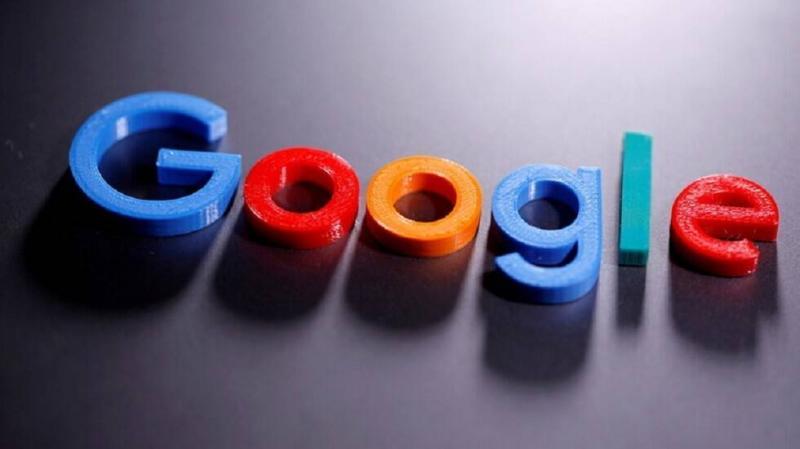U.S. District Judge Yvonne Gonzalez Rogers rejected Google's attempt to dismiss a lawsuit accusing the company of violating the privacy of millions by secretly tracking their internet usage. Rogers stated on Monday that she found no evidence that users had consented to allow Google to collect information about their online activities, as the Alphabet subsidiary did not explicitly inform them it would do so.
In a 36-page ruling, Rogers noted that the plaintiffs argued there was a market for their data, citing a Google trial program that paid users three dollars a day for their browsing history. Plaintiffs' attorney David Boies described the court's ruling in the class-action lawsuit seeking $5 billion in damages for users as "an important step in protecting the privacy of millions of Americans."
The plaintiffs pointed out that Google's analytics, cookies, and applications allow the Mountain View, California-based company to track their activities even when Chrome is set to "incognito mode" and other browsers to "private" mode. They added that this enabled Google to gather sufficient information about their friends, hobbies, favorite foods, shopping habits, and "potentially embarrassing" searches online, turning them into "an unaccountable treasure trove of detailed and comprehensive information."
The lawsuit covers Google users since June 1, 2016, and seeks at least $5,000 in damages for each user for violations of federal wiretap law and California privacy laws.




